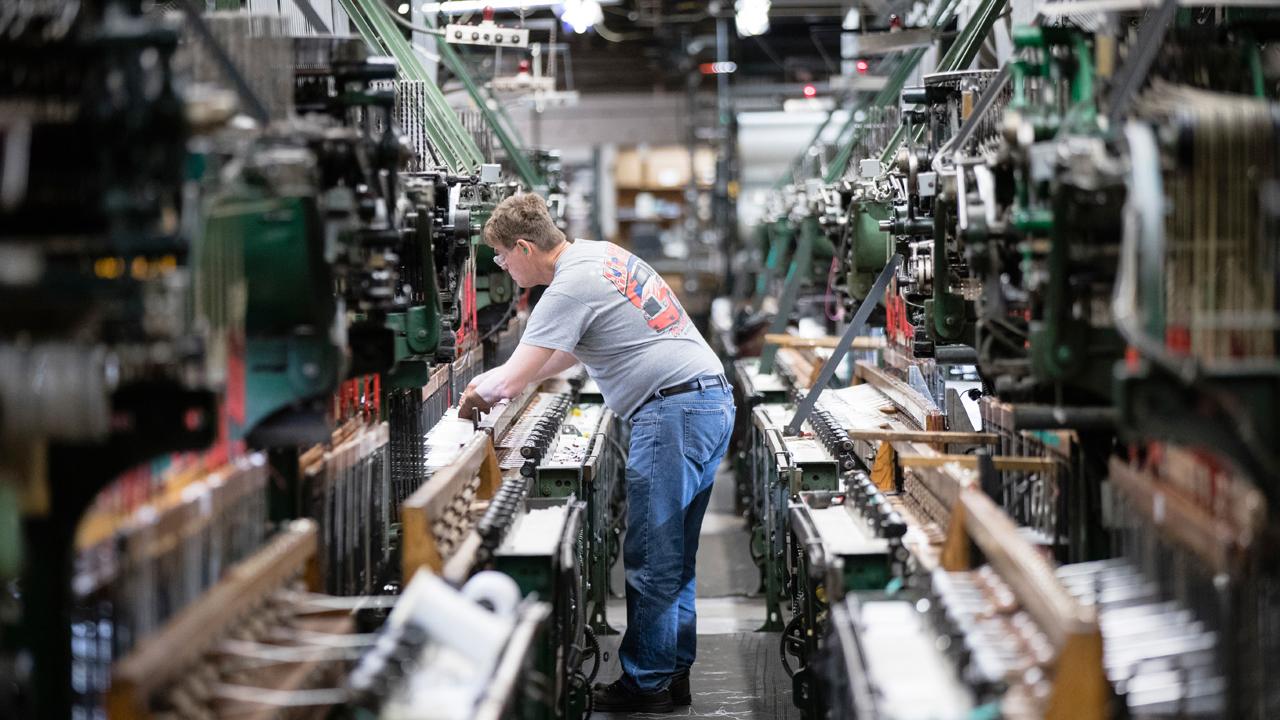Can American capitalism survive?
Socialism is shaping up to be the 2020 hot button issue. The Democratic presidential candidates have made it clear they are not socialists, but despite distancing themselves from the label, some of the candidates are running on platforms that are largely made of socialist policies.
Sen. Bernie Sanders, I-Vt., has advocated for a single-payer health care plan and is taking a comprehensive approach to climate change. Sen. Elizabeth Warren, D-Mass., wants free college and the taxpayers to absorb any debt that students have already incurred.
“The Democratic Party, whoever gets the nomination whether it is Bernie Sanders who is an out independent socialist, or it’s Joe Biden who is more centrist or it’s somebody else, the party itself is clearly pressuring for a more radical approach,” Wall Street Journal Editor at Large Gerry Baker told Fox Business’ Maria Bartiromo on Monday. “It wants higher taxes. It wants much wider access to healthcare, Medicare for all or some version of universal healthcare. It wants public education. You saw what Sen. Elizabeth Warren (D-Mass) said last week. It wants a much bigger role for the state in the sense that, that is the way to address these problems.”
Bridgewater Associates founder Ray Dalio and JPMorgan Chase CEO Jamie Dimon are two of the most successful capitalists in the U.S. Dimon and Dalio have expressed public concern that the version of capitalism that has allowed them to be so successful is not sustainable for the country.
“I believe that all good things taken to an extreme become self-destructive and that everything must evolve or die. This is now true for capitalism,” Dalio wrote on LinkedIn. In his annual letter to shareholders, Dimon wrote, “In many ways and without ill intent, many companies were able to avoid almost literally drive by many society’s problems.”
“There is a tremendous amount of discontent with the [capitalism] system as it is. There is a sense that the system, while it’s producing some economic growth and certainly the U.S. economy is doing very well at the moment, the benefits of that growth are not being fairly distributed. They are not being equally distributed and more and more people are being left behind,” Baker said.
According to the Federal Reserve, between 1980 and 2014, while the pre-tax income doubled for the top 1 percent and tripled for the top 0.1 percent, there was little change for the bottom 50 percent. In 2017, more than 45 million Americans worked in occupations whose median wage was below $15 an hour.
Although wages increases have finally been accelerating, 40 percent of Americans are living so close to the edge that they cannot absorb an unexpected $400 expense—not much, as car repairs or dental work go.
“You are seeing it across the world. There’s a concern that the simple scale of capitalism and the way that financial capitalism certainly seems to dominate the economy is not distributing rewards fairly and there are people like Ray Dalio and Jamie Dimon and others who say we’ve got to address that,” Baker said. “Average wages are starting to grow, so people are doing somewhat better.”
CLICK HERE TO GET THE FOX BUSINESS APP
Americans have a vastly different perception of socialism today than they did in the 1940s. In October 2018, a Gallup poll found that 23 percent in U.S. understand socialism as referring to some form of equality. 17 percent said socialism means government control of business and the economy. 57 percent of Democrats held a positive view of socialism while 16 percent of Republican voters viewed socialism favorably.




















